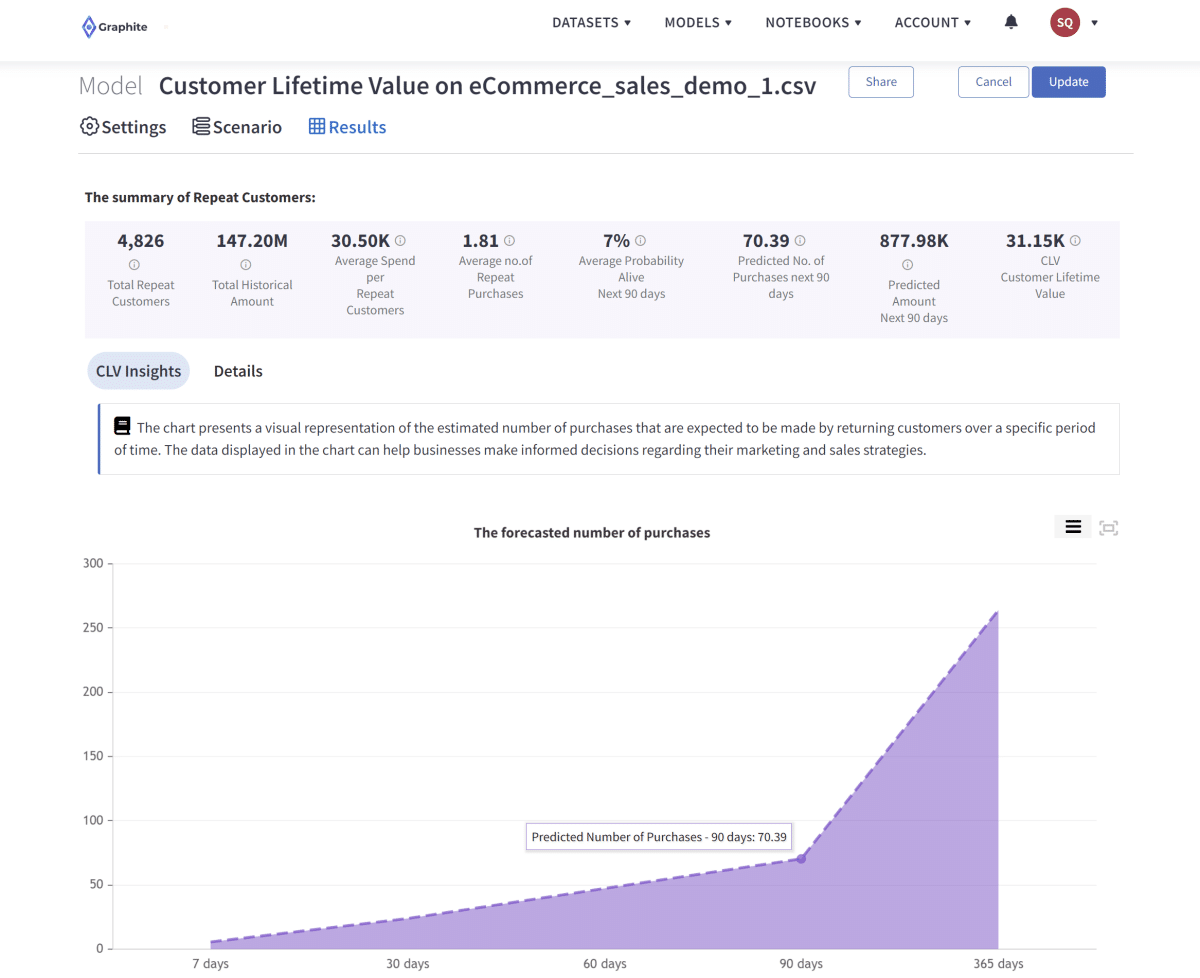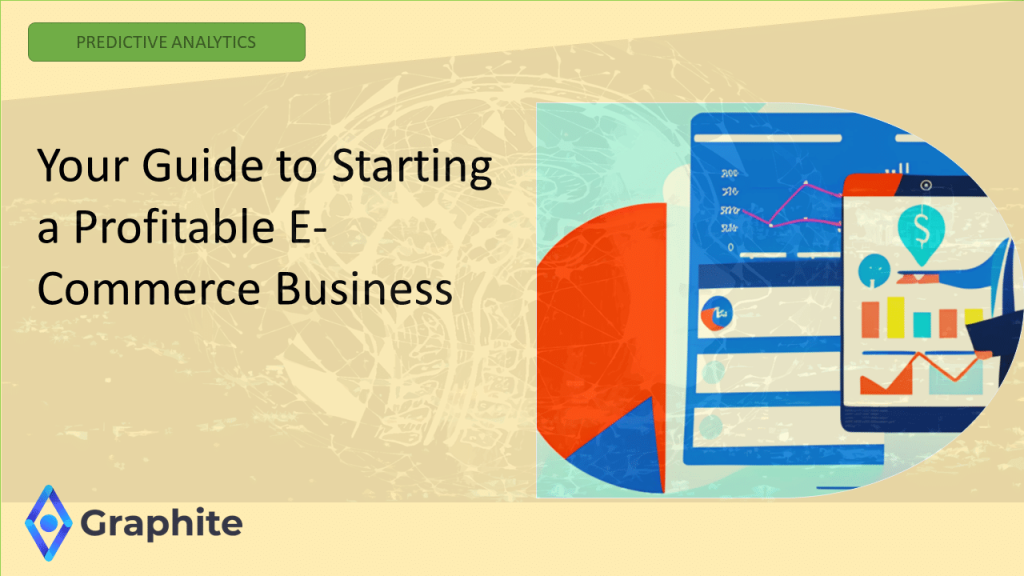The world of e-commerce has exploded in recent years, and it’s only set to continue growing. With the pandemic accelerating the shift to online shopping, it’s no surprise that more and more entrepreneurs are starting e-commerce businesses in 2023. However, it’s more complex than just setting up a website and waiting for the customers to roll in. This article will discuss several helpful tips for launching a thriving e-commerce business in 2023.
First, let’s start with a story. Meet Sarah, a stay-at-home mom who has a passion for fashion. She loved to shop for unique and stylish clothes but needed help finding what she was looking for at local stores. She realized there was an opportunity to create an e-commerce business selling unique and trendy clothing items. So, with her passion for fashion and a drive to succeed, she started her e-commerce store called “Sarah’s Style.” Through hard work and dedication, Sarah’s Style has become a successful online fashion retailer, selling unique and trendy clothing items to women worldwide.
Now that we have some inspiration from Sarah’s story, let’s dive into some tips for starting your own e-commerce business in 2023.

Product Opportunities and What to Sell
The first step in starting an e-commerce business is identifying product opportunities and choosing what to sell. This involves researching the market and understanding what consumers are looking for. Selecting a product that aligns with your strengths and passions is essential, making it easier to market and sell. For example, if you are passionate about fitness, consider selling fitness products like workout equipment, clothing, or supplements.
One way to identify product opportunities is to use Google Trends, which can help you identify popular search terms related to your industry. Additionally, you can use market research tools like SurveyMonkey or Marketo to survey potential customers and gather feedback on their needs and preferences.
Research Your Competitors
Once you’ve identified a product to sell, performing a competitive analysis is essential. To achieve this, conducting competitor research and gaining insights into their strengths and weaknesses is necessary. You can start by examining your competitors’ websites and social media pages to understand their product offerings, pricing, and marketing strategies.
One unexpected tip for performing a competitive analysis is to look beyond your direct competitors and consider other companies that may be indirectly competing with you. For example, if you’re selling workout equipment, you may be indirectly competing with fitness studios or gyms.
Predictive Analytics
Another critical tip for starting an e-commerce business is to use predictive analytics. Predictive analytics involves data and statistical algorithms to predict future trends and behaviors. This can help you make informed decisions about your product offerings, pricing, and marketing strategies.
For example, you can use predictive analytics to forecast revenue, forecast product demand, identify the most effective marketing channels, and determine which products are most likely to succeed, segment customers, or perform RFM customer analysis. Today, there are no-code predictive analytics tools with pre-built machine learning models you can use easily.

Shipping Strategy and Goals
Shipping is critical to any e-commerce business, as it can make or break the customer experience. Therefore, it’s essential to have a clear shipping strategy and goals to ensure that your customers receive their products on time and in good condition.
One tip for creating a successful shipping strategy is to offer multiple shipping options, including expedited shipping, for customers who need their products quickly. Additionally, you can set shipping goals and track your progress using tools like ShipStation or Shippo.
Creating a Name
Finally, creating powerful e-commerce business names is essential to starting an e-commerce business. Your name should be memorable, unique, and easy to spell. Moreover, it should communicate the essence of your brand and differentiate you from your competitors.
Here are some examples of influential e-commerce names and why they are strong:
- Amazon – This name is simple and easy to remember, vital for any successful e-commerce business. It also fits a company that wants to be known for offering a vast selection of products, like the Amazon rainforest.
- Warby Parker – This name is unique and catchy, making it memorable for customers. It also conveys the brand’s mission to disrupt the traditional eyewear industry.
- Etsy – This name is short and easy to remember, essential for any e-commerce business. It also conveys the brand’s focus on handmade and unique products.
In conclusion, starting an e-commerce business in 2023 requires careful planning and execution. By identifying product opportunities, performing a competitive analysis, using predictive analytics, having a clear shipping strategy, and creating a powerful name, you can set yourself up for success. But the most critical factor is passion and dedication, like Sarah from our story. Your e-commerce business can become a thriving success story with hard work and perseverance.




